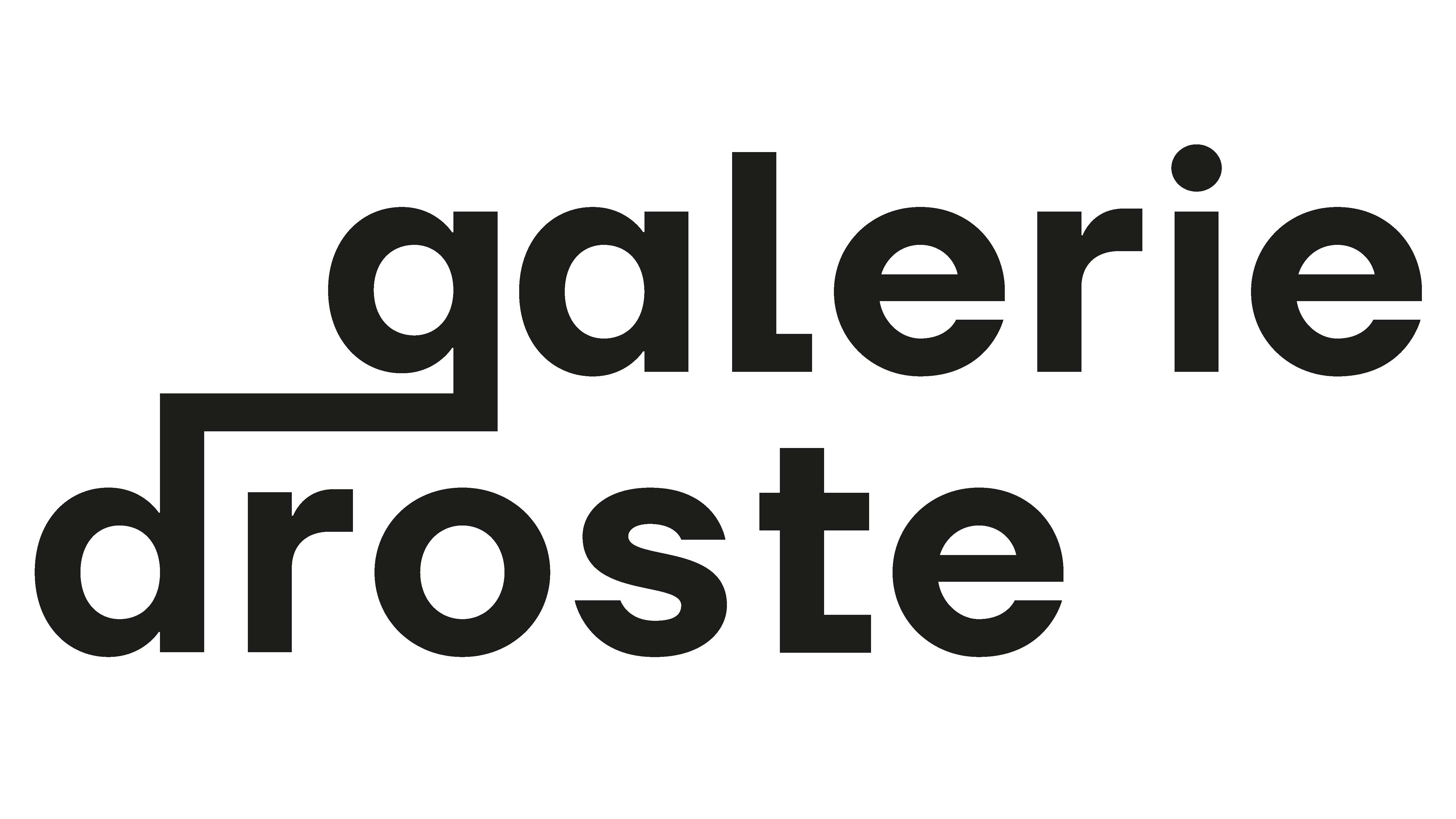The Iranian American artist Asad Faulwell works with formal as well as thematic repetitions and symbolic attributions, which in its artistic execution is based on the patterns and decoration movements of the 1970s, but above all emphasizes the artist's interest in his family roots. The background of the large-format works is covered with small-scale painted ornaments, whose aesthetics are reminiscent of woven carpets or wall ornaments, and which stand out three-dimensionally from the picture carrier with spun threads, needles and sequins. The collage technique is in the tradition of Persian craftsmanship, which in Faulwell's case is symbolic of his personal connection to the culture of the Middle East. The central focus of most of his works, however, are monochrome painted portraits of women whose portraits fade into the background. Les Femmes d'Alger is the striking series of pictures to which Faulwell has devoted himself for almost ten years and which refers to the female fighters of the Algerian underground struggle against the colonial French occupation in the 1950s. In contrast to the well-known art historical models of Delacroix, as well as Picasso, it is not the outdated harem depiction that Faulwell quotes. On the contrary, it is the forced struggle for one's own freedom, the moral disruption and oppression of these women by the adversary and also by the artist's own ranks, which inspired the artist and still moves him today. Faulwell thus gives a voice to women who are usually not mentioned in historiography.
Born 1982, Asad Faulwell graduated in 2008 from Claremont Graduate University, in
California. He lives and works in New Port Beach, California.

